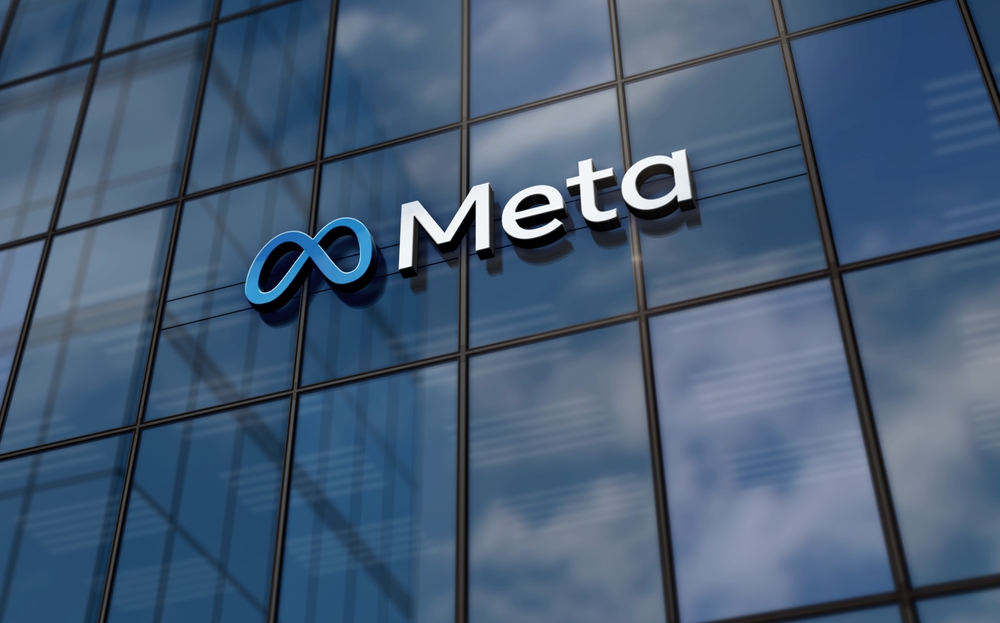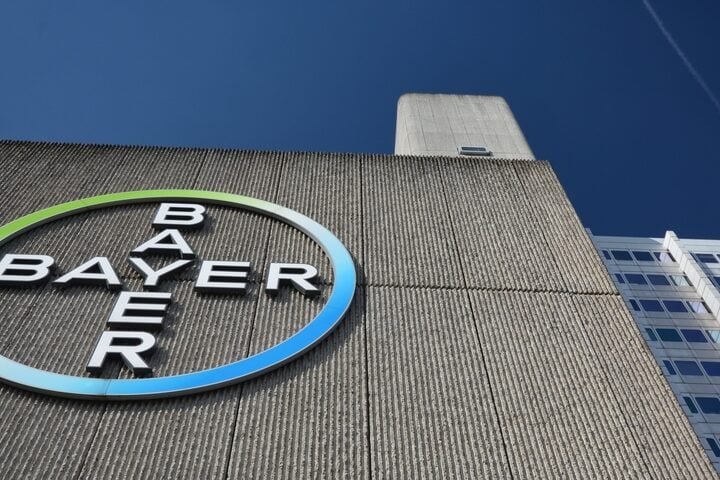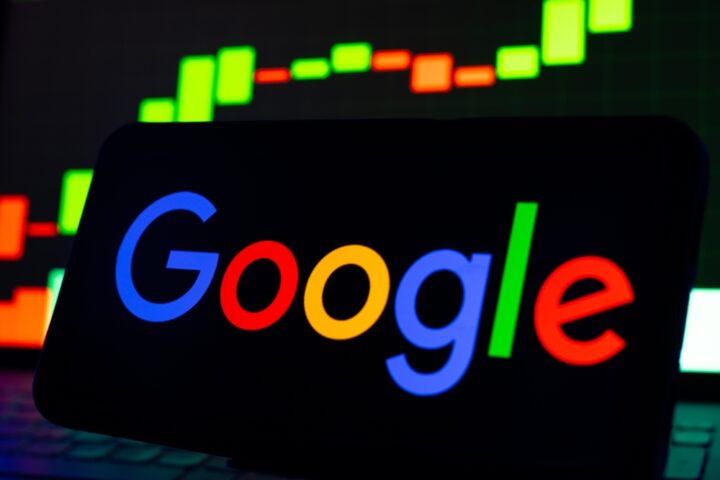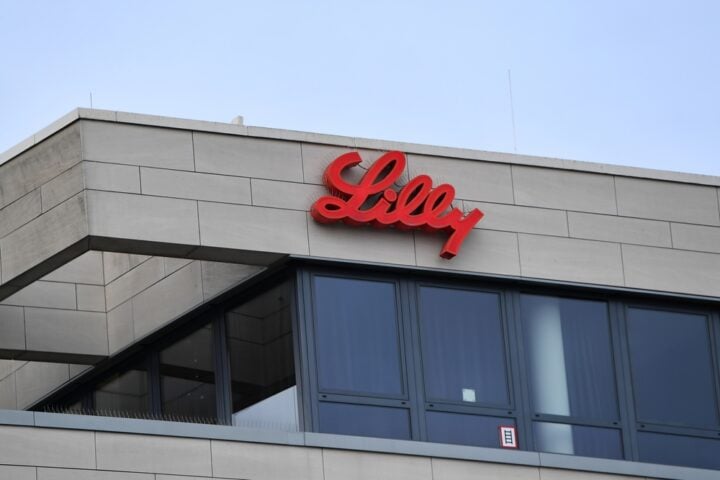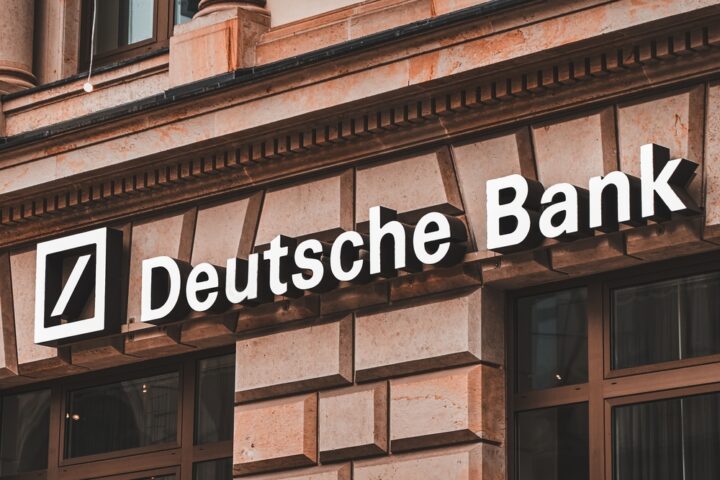Zuckerberg Responds to Trump’s Stance
Mark Zuckerberg has signaled a significant shift in Meta’s content moderation policies, announcing the removal of third-party fact-checkers in the United States and adjustments to moderation practices. According to whistleblower Frances Haugen, this reflects President-elect Donald Trump’s preference for minimal restrictions on social media platforms.
“The announcement from Mark is him basically saying: ‘Hey, I heard the message, we will not intervene in the United States,’” Haugen said.
Zuckerberg stated that Meta would collaborate with Trump to counter international government efforts to “censor more” in regions such as Latin America, China, and Europe, where stricter online safety laws have been introduced.
Global Safety Concerns
Haugen, known for exposing Facebook’s internal failures, expressed fears about the impact of these policy changes in the global south, where moderation failures have historically led to real-world harm. She referenced Facebook’s role in amplifying hate speech during the Rohingya genocide in Myanmar as an example of the potential dangers.
“What happens if another Myanmar starts spiraling up again? Does Meta face any consequences from doing a bad job?” Haugen asked, highlighting concerns over weakened accountability under Trump’s administration.
Oversight Board Steps In
Michael McConnell, co-chair of Meta’s oversight board, emphasized the board’s role in safeguarding human rights amid these controversial changes.
“The oversight board has the authority to review high-level, controversial content moderation decisions and make impactful recommendations to promote free speech and protect human rights,” McConnell said.
However, Helle Thorning-Schmidt, another co-chair and former Danish prime minister, criticized Zuckerberg’s approach, warning about the risks to LGBTQ+ rights and the potential for offline violence.
Predicted Increase in Harmful Content
The UK’s far-right monitoring group Hope Not Hate predicted a surge in toxic content on Meta platforms, warning that far-right groups could exploit the relaxed policies to fuel local unrest, similar to the August riots in England.
The group urged Labour to strengthen online safety laws, noting, “Incendiary online content has a violent effect on our streets.”
Meta’s Challenges and Criticism
Meta’s commitment to restoring “free expression” remains controversial. Zuckerberg acknowledged the need to remove “illegal content” such as child exploitation and drug-related material but insisted on less intervention in political and social discourse.
Haugen argued that Trump’s influence over Meta stems from his desire to ensure the MAGA movement can leverage social media effectively. She cited Meta’s failure to curb the “Stop the Steal” movement in 2021, which used the platform to incite the January 6 Capitol riot.
“Trump has made it clear that the only consequences Meta will face are for acting on content. We should expect Meta to progressively act less and less,” Haugen said.
Danger Ahead for Journalism and Democracy
Maria Ressa, a Nobel Peace Prize-winning journalist, described Meta’s changes as signaling “extremely dangerous times” for democracy and journalism worldwide.
Haugen emphasized that instead of cutting moderation, Meta should prioritize algorithm transparency and adjustments to reduce harmful content amplification.
“They’re kind of doing the worst of all worlds. They’re not making holistic changes, and they’re cutting what little safety systems they did have,” she said.


